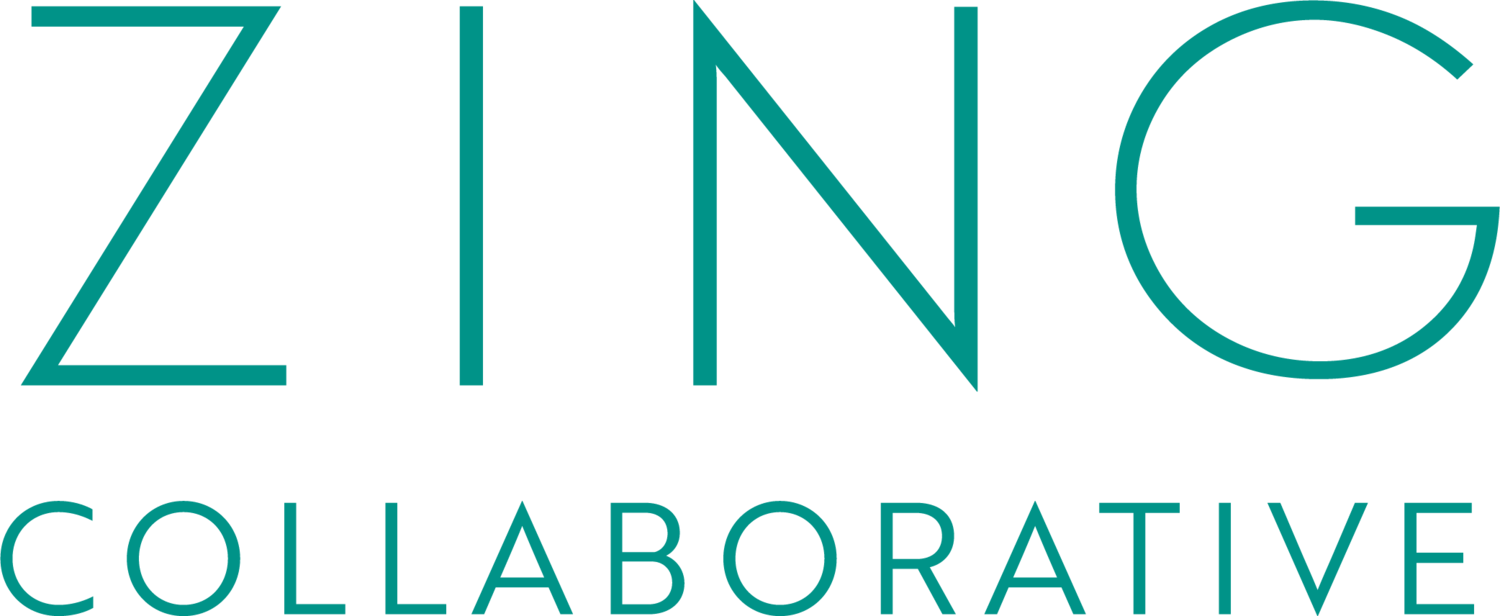TIPS FOR FIRST-TIME AUTHORS (AND, A NEW EBOOK)
Tips for First Time Authors. Pictured Here: Expansive Impact - An Invitation to Lead in Everyday Moments.
WELCOME
Congratulations on your desire to write a book!
Each week, I typically receive and inquiry or two from someone who is thinking of writing a book, or has started the process of writing a book, and is looking for tips and strategies to use along the way.
In an attempt to distill a few lessons from thousands of hours spent in the writing and publishing process and (tens of) thousands of dollars invested in the process of bringing Expansive Impact into the world, I have created a new ebook, Tips & Tools for Authors, in hopes of supporting you on your journey.
You can purchase it via the image below.
In the meantime, here are a few additional tips and invitations as you get started.
identify your two-part why
Before you start writing or researching publishing options, I recommend that you step back and think deeply about two things:
Your soul-level why: what is the thing inside you that is compelling you to write a book? Why do you want to do this? What is the inner whisper that has been leading you in this direction, and what has it been saying?
Your business-level why (if you have a business): what purpose do you want the book to serve within your business? How do you want it to serve your clients, your business goals, or your other offerings?
Despite the way it is often presented, writing a book can be a greulling and unsexy project. When you are facing writing block, arguing with your publisher, or wanting to throw your laptop out the window, it is helpful to come back to your two-part why.
More tactically, your business-level why can help to guide key questions that will follow. For example:
If your goal is to get the book published as quickly as possible, you may opt for self-publishing or hybrid publishing —both of which tend to be much faster than traditional publishing.
If you are focused exclusively on the content of the book and don’t care as much about how the physical book looks, you may opt for self-publishing, and for printing on demand through a retailer such as Amazon. This allows you to get your content to your desired audience quickly, print the book without excessive up front costs, and select affordable options such as a paperback book with thin (aka less expensive) paper.
If you dream of being the next James Clear or Liz Gilbert or Stephen King, selling millions of copies and becoming a household name, you may choose to pitch your book to traditional publishers in hopes of getting a publishing deal.
In my case, I had a few key goals:
Support the work I was already doing with clients, by offering a resource for “what’s next?”, if people wanted to go deeper.
Offer an accessible, low-cost way for people to engage with my work (Most of my work is high-touch, which means that I work with a select group of clients and companies each year. Historically, if we weren’t already working together, there hasn’t been a great way for people to work with me outside of these contexts.)
Bring together various programs, offerings, and resources into a single place.
Bring credibility and cohesiveness to the work I was doing.
Have a beautiful, high quality, hard cover book.
Based on these goals, I selected hybrid publishing, which sits between traditional and self-publishing. You can learn more about how hybrid publishing works, the questions to ask when selecting a hybrid publisher, and examples of reputable hybrid publishers within the ebook.
LEVERAGE FREE and low-cost RESOURCES
There are many free and low-cost resources for authors available online. Here are a few of my favorites.
Jane Friedman - a wealth of knowledge about the publishing process. Her blog posts are excellent.
Self-Publishing School - a great podcast, not only for self-publishing authors, but for all authors.
The Author’s Guild - a low cost community that includes a discussion board, online workshops, and location-based communities.
DEVELOP A STRATEGY
Many years ago, I was telling a colleague and friend that I wanted to write a book but that I hadn’t been able to figure out how to create the time to make it happen.
“Sarah,” he said, “If you want to do this as much as you say you do, you’ll find the time. If you don’t, then it really isn’t that important.”
This tough love was just what I needed to create a strategy, along with a tactical plan, to make the book into a reality.
For me, this involved writing every morning for a period of time.
For others, it involved checking into a hotel for a few days, or going to a writing retreat.
The important thing is that we figure out a strategy that works for us —and the reality of our lives and schedules.
FOR MORE
If you’d like to go deeper, I invite you to check out the ebook, Tips and Tools for First Time Authors. I’m hopeful that it can serve as a helpful resource to you on your journey.
Congratulations on taking these steps toward writing a book, and good luck on your journey!


